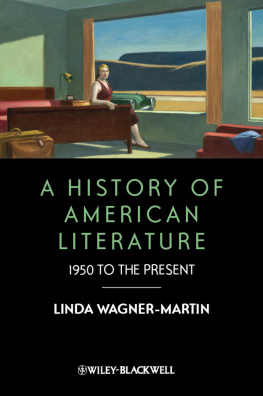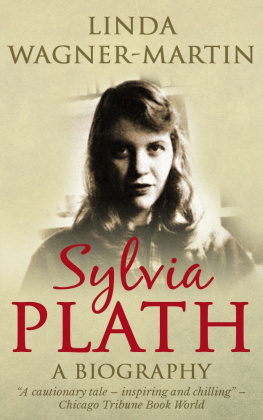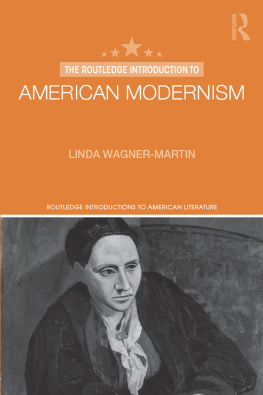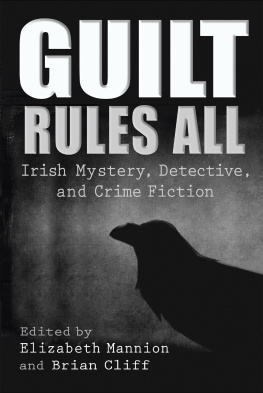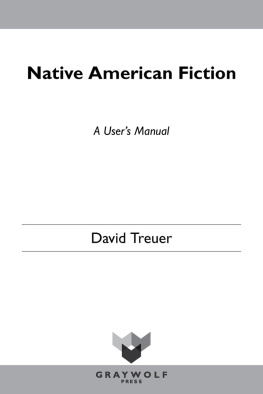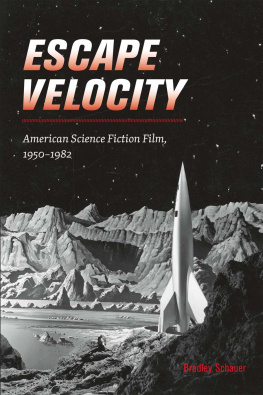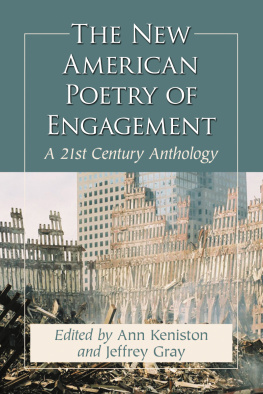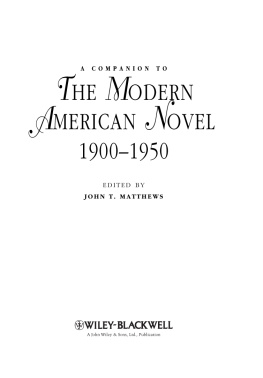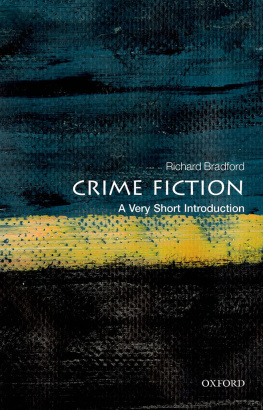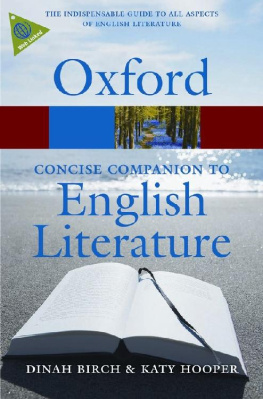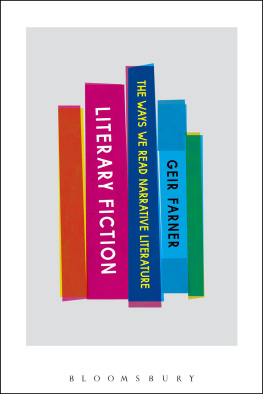
Praise for A History of American Literature
In a much-needed assessment of American literary production from the middle of the twentieth century through the first decade of the twenty-first century, Linda Wagner-Martin crafts a critically astute and intellectually expansive narrative. This comprehensive yet succinct literary history traces the multifaceted writings of a geographically large nation with a remarkable plurality of authors, whose poetics and politics unfold a wide sweep of epistemologies, patterns, forms, conventions, methodologies, and ideologies. With a solid grasp of creative practices and an impressive knowledge of contemporary theorists and critics, Wagner-Martin delineates in accessible prose not only the legible broadened and layered canon of American literature but also the shifting currents of social transformation engaging the writers and shaping the literature. A monumental distillation of an enormous range of material, Wagner-Martin's rich book should be required reading for anyone grappling with making sense of the prolific, broad-spectrum, and diverse writing in the US since 1950.
Thadious M. Davis, University of Pennsylvania
Linda Wagner-Martin's history impressively and judiciously surveys all fields of American writing over the past sixty years, taking full account of significant cultural and historical contexts and the major critical commentaries that have helped shape our understanding of developments in the second half of the last century and the dozen years following the millennium. Balanced, informative, and always highly readable there is much here for general readers, students, and specialists alike.
Christopher MacGowan, the College of William and Mary
Wiley-Blackwell Histories of American Literature
General editors: Alfred Bendixen and Richard Gray
The Wiley-Blackwell Histories of American Literature are culturally grounded, comprehensive, and succinct, recognizing that to write literary history involves more than placing texts in chronological sequence. Thus the emphasis within each volume falls both on plotting the significant literary developments of a given period, and on the wider cultural contexts within which they occurred. Authors address such issues as politics, society, the arts, ideologies, varieties of literary production and consumption, and dominant genres and modes, and the emphasis is on contexts, including a retrospective element on the inheritance of past literature, on texts and authors, and the lasting effects of the literary period under discussion, and incorporating such topics as critical reception and modern reputations.
As befits a culturally grounded series, these volumes are first and finally concerned with the plural nature of American culture and how that feeds into American writing. The effect of each volume will be to give the reader a sense of possessing a crucial sector of literary terrain, of understanding the forces that give a period its distinctive cast, and of seeing how writing of a given period impacts on, and is shaped by, its cultural circumstances. Each volume recommends itself as providing an authoritative and up-to-date entre to texts and issues, and their historical implications, and will therefore interest students, teachers, and the general reader alike.
Published to date
A History of American Literature:
1950 to the Present
Linda Wagner-Martin
This edition first published 2013
2013 Linda Wagner-Martin
Blackwell Publishing was acquired by John Wiley & Sons in February 2007. Blackwell's publishing program has been merged with Wiley's global Scientific, Technical, and Medical business to form Wiley-Blackwell.
Registered Office
John Wiley & Sons Ltd, The Atrium, Southern Gate, Chichester, West Sussex, PO19 8SQ, UK
Editorial Offices
350 Main Street, Malden, MA 02148-5020, USA
9600 Garsington Road, Oxford, OX4 2DQ, UK
The Atrium, Southern Gate, Chichester, West Sussex, PO19 8SQ, UK
For details of our global editorial offices, for customer services, and for information about how to apply for permission to reuse the copyright material in this book please see our website at www.wiley.com/wiley-blackwell.
The right of Linda Wagner-Martin to be identified as the author of this work has been asserted in accordance with the UK Copyright, Designs and Patents Act 1988.
All rights reserved. No part of this publication may be reproduced, stored in a retrieval system, or transmitted, in any form or by any means, electronic, mechanical, photocopying, recording or otherwise, except as permitted by the UK Copyright, Designs and Patents Act 1988, without the prior permission of the publisher.
Wiley also publishes its books in a variety of electronic formats. Some content that appears in print may not be available in electronic books.
Designations used by companies to distinguish their products are often claimed as trademarks. All brand names and product names used in this book are trade names, service marks, trademarks or registered trademarks of their respective owners. The publisher is not associated with any product or vendor mentioned in this book. This publication is designed to provide accurate and authoritative information in regard to the subject matter covered. It is sold on the understanding that the publisher is not engaged in rendering professional services. If professional advice or other expert assistance is required, the services of a competent professional should be sought.
Library of Congress Cataloging-in-Publication Data
Wagner-Martin, Linda.
A history of American literature : 1950 to the present / Linda Wagner-Martin.
p. cm.
Includes bibliographical references and index.
ISBN 978-1-4051-9232-3 (cloth)
1. American literature-20th century-History and criticism. 2. American literature-21st century-History and criticism. I. Title.
PS225.W34 2013
810.90054-dc23
2012025406
A catalogue record for this book is available from the British Library.
Cover image: Edward Hopper, Western Motel (detail), 1957. Yale University Art Gallery, Bequest of Stephen Carlton Clark, B.A. 1903.
Cover design by Nicki Averill Design
For My Children
Illustrations
Preface
As historians survey the existence of American literature, they tend to concentrate on its earlier, formative years. Part of this fascination is no doubt the comparative ease of finding and choosing materials for discussion; part of it may be the visible adherence to the centuries of British literary prominence that existed well before the colonies separated themselves from the Mother Country. And still another part occurs because of the academic nervousness about venturing in to the truly contemporarythat is, the untested, the still visible sites of disagreement, the expressly new. Most historiansliterary includedprefer the safety of agreement to the possible conflicts of controversy.
Assessing the United States literary world as it developed in the second half of the twentieth century, then, might seem to be a maverick's role, puckish at best, idiosyncratic at the extreme. Typically American in a search for new horizons (as in the vaunted frontier tradition), the story of post-World War II poetry, drama, fiction, and non-fiction captures the critics' desire to chart less-examined terrain. The periodization of this book is elastic: at times the concept of contemporary is defined as any period suffused with the need for survival (Survival appears indeed both the secret and paramount obsession of any contemporary, Hassan 2). The last five decades of the twentieth century are marked by frenetic activity in all realms of thought and actionand that frenzied activity does not lessen here in the twenty-first century. Some critics still categorize periodization in terms of technique, as when the
Next page
